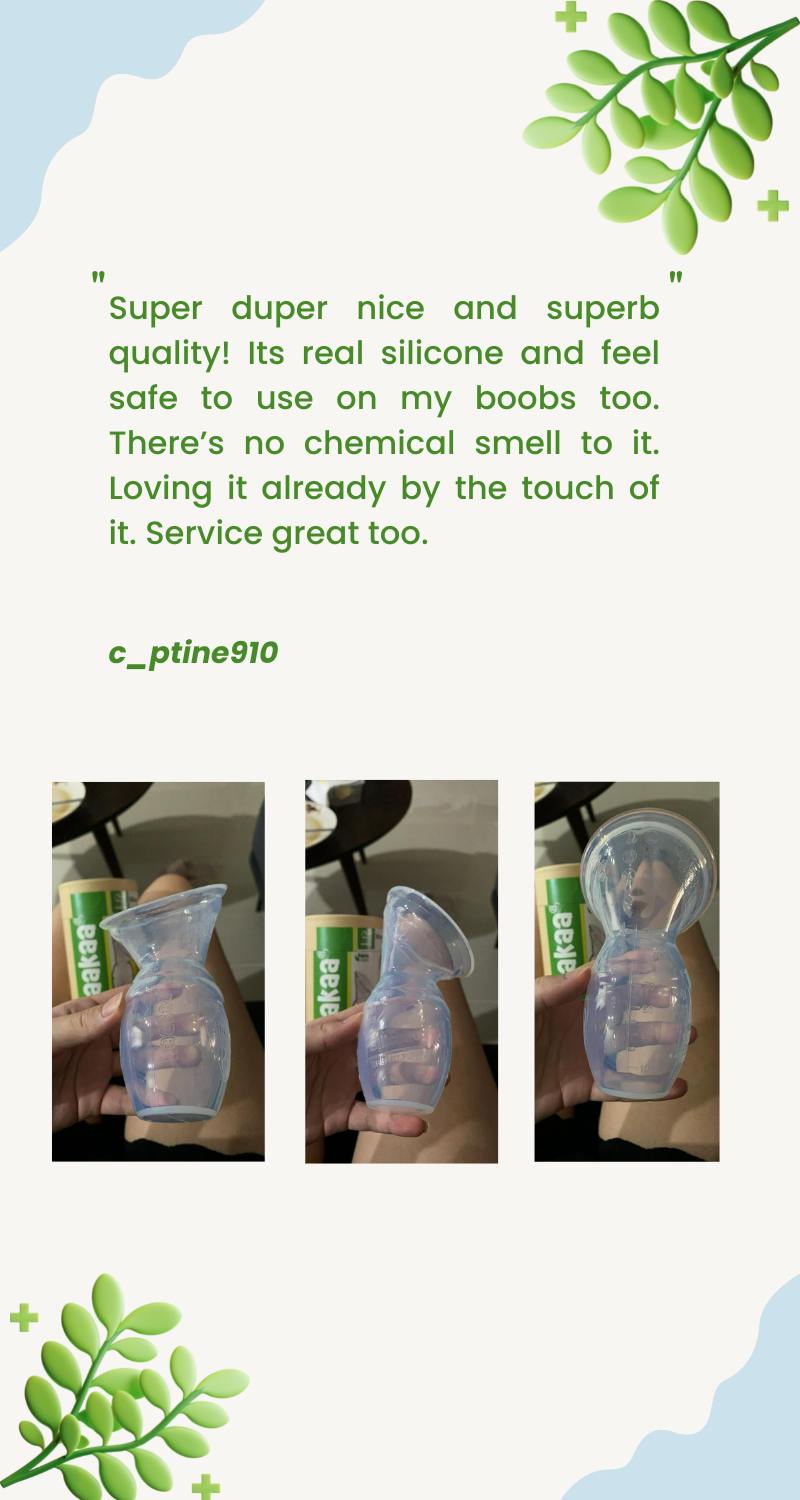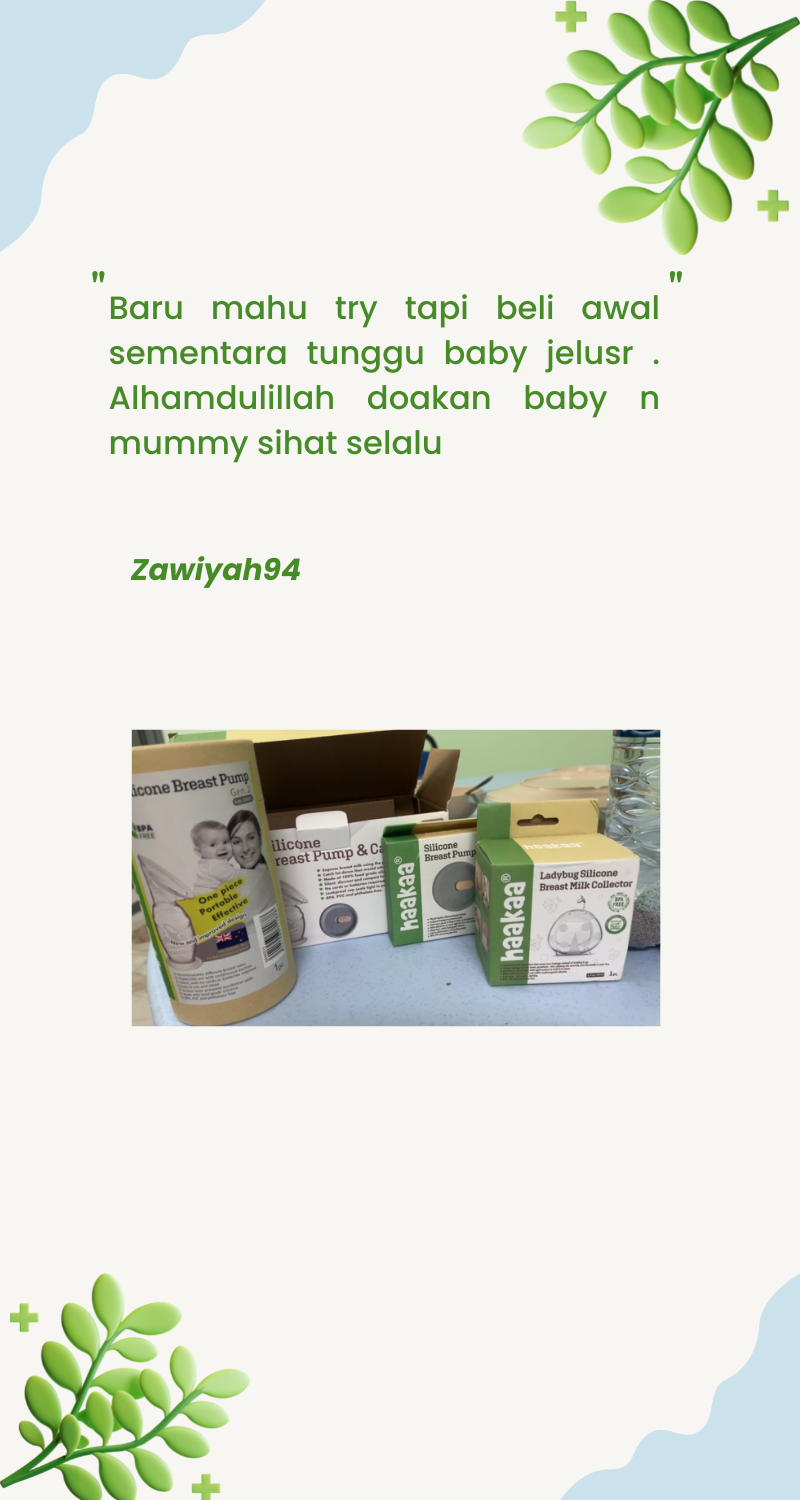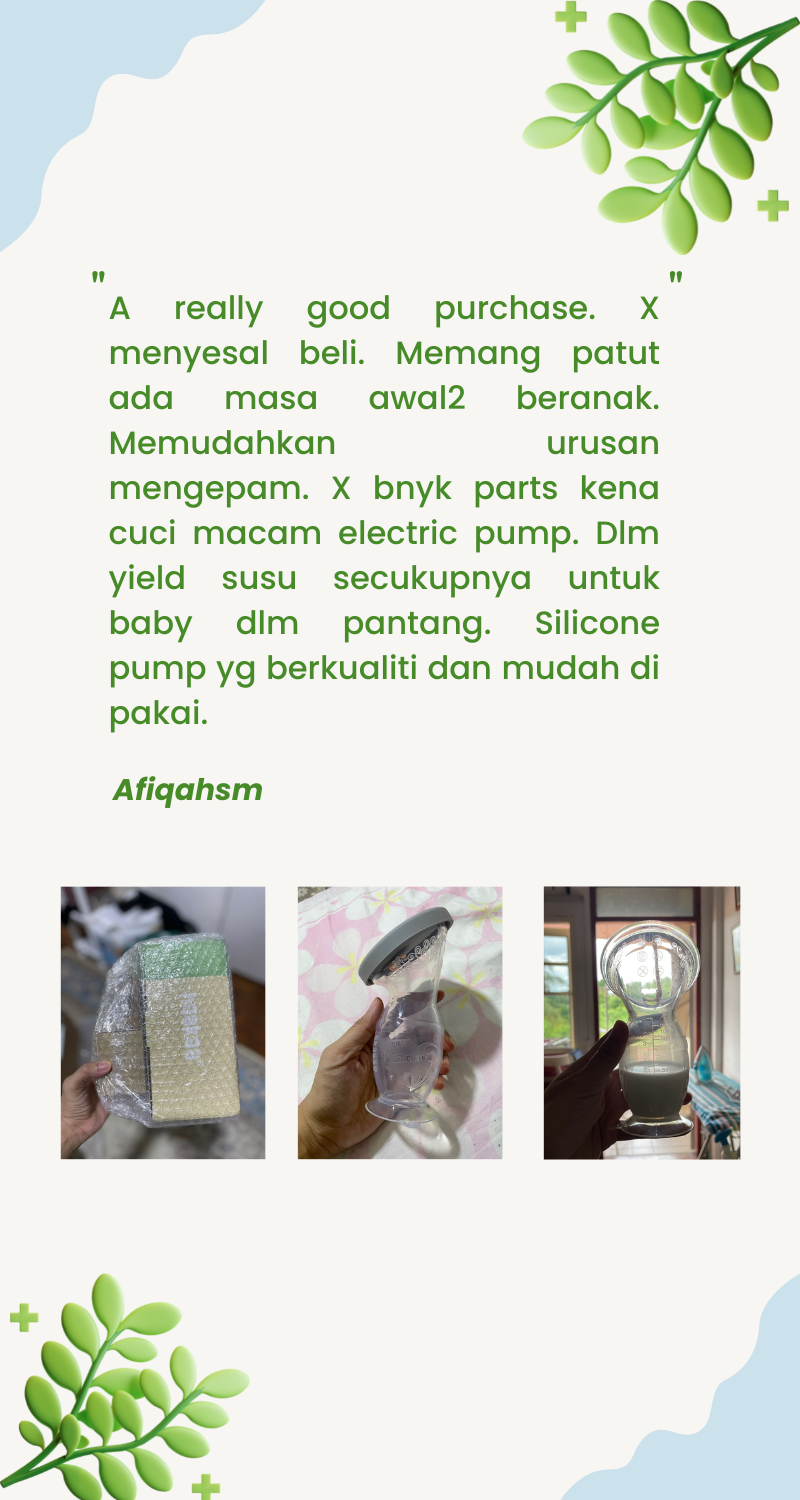
This blog is written by midwife Aliza from Bumpnbub.
"When you have an empty time slot, remember that the 'to do list' will never end, so you'll need to deliberately choose to do those things that nurture yourself rather than all the other things that you feel must be done." (Dr Amy Imms)
Burnout can affect you as a mother as well as your partner, often referred to as 'parental burnout', which occurs in around 2-14% of parents. You will go through many changes from conception to birth and becoming a mum. Most of these changes are stressful and overwhelming, and your mental health can be affected. New mothers are taking on a lot in this current world. Learning how to become a mama is a challenging transition, let alone with minimal support due to lockdowns and isolation from family and friends, which is a contributing factor to becoming burnt out. Burnout is a real experienced feeling and can lead to serious mental health issues if you don't get the help and support you need. The Centre Of Perinatal Excellence (COPE) describes parental burnout as falling somewhere between stress and depression. The sooner you accept support, the sooner you recover - and remember, you are your baby's world, so caring for yourself is caring for your baby.

Burnout refers to exhaustion related to prolonged situations of emotional imbalance, where stress exceeds the personal ability to deal with it. It can occur when a parent is exposed to too much stress in their parenting role for too long, without sufficient resources or support to alleviate the stress. As a new mama, you are dealing with many changes in yourself, as well as learning how to look after your baby, getting minimal sleep, which takes a lot of energy and patience and is emotionally challenging.
There are several factors that may put you at a higher risk of experiencing burnout. The more children you have, the shorter the age gaps between your children and their development stage can make you busier at home and more exhausted, especially with toddlers. Less access to practical and emotional support is a huge factor in being more likely to burn out. High expectations of yourself to fill the roles of mother, partner/wife, friend, family member and sometimes being a perfectionist can cause burnout for many new mamas. It is great to remind yourself that sometimes you need to leave things not done, such as housework or chores, so you can have time to yourself to prevent yourself from burning out.

Identifying Burnout
Warning signs of burnout can often creep up on you slowly before you realise it. There are four signs of parental burnout that have been described. The first sign is exhaustion. The second is loss of enjoyment in parenting which relates to the third sign of emotionally distancing yourself from your baby or children. The fourth and final sign is realising that you are no longer the parent you once were or not the parent that you want to be.
Other signs and symptoms of burnout are:
- Physically and emotionally exhausted, fatigued and feeling worn out
- Withdrawing from others, including your baby or children
- No interest in things you used to love doing
- Feeling as though you are not doing a good job, lacking confidence in parenting
- Not sleeping well
- Physical symptoms such as headaches, tiredness and no energy
- Feeling emotional, sad and anxious
- Not eating properly
- Lack of energy to do anything during the day can lead to loneliness and isolation

Sometimes what may appear to be burnout can be something more serious such as postnatal anxiety or depression. There are similarities between burnout and postnatal depression, although there are a couple of main differences. Burnout usually occurs in parents with children who are over 18 months of age and is linked to parental duties rather than social and relationship factors (like depression). The low mood that burnout causes is normally related to parenting specifically and not other aspects of life such as work. There are flow-on effects and consequences of burnout for you, your partner and your little one. As burnout affects the whole family, it is highly recommended to try and prevent burnout or improve any symptoms as soon as possible before it gets worse.
How To Alleviate Burnout
Getting help early on can mean you may prevent burnout from potentially developing into depression. You are not alone, you don't have to suffer in silence, and there is help available for you and your family. It can be hard sometimes to ask for help, but it is the most important step you can take to alleviate burnout. The other thing to do if you feel run down is to lower your expectations of what you should achieve in the day. Your mental and physical health is a lot more important than the house looking sparkling clean. Your baby needs a happy and healthy mama, so it's time that you look after yourself and talk to someone if you are struggling.

- Ask For Support
Seeking emotional, social and practical support from your partner and those around you will help your recovery and journey in motherhood. As a new mama, it is normal for you to need extra support with practical jobs or help to look after bub or other children so that you can have some time to yourself. Think about what would be most useful for you at that time and communicate this with the people around you. Never say no when people offer to help! You can also put some actions in place to help prevent burnout, such as getting a cleaner, organising groceries to be delivered or asking a friend to make you some meals.
- Self-care
I know it is hard to have a break to take care of yourself when you are a mama and have a little one to look after, but it is so important to have time to practice self-care and recharge your batteries. You will be a better parent when you regularly make time for yourself and have a proper break from parenting. Self-care includes fuelling your body with good food, staying hydrated, and getting some fresh air, and vitamin D. Adequate sleep is also really important to prevent burnout. Try to avoid high caffeine drinks in the afternoon and form a night time routine for yourself to assist you to wind down, which may include reading a book, having a pot of herbal tea or relaxing in a warm bath. If you are a new mama and struggling to get adequate sleep, ask your partner or loved one to look after bub for a few hours so you can take a nap.
- Talk About How You Are Feeling
People around you don't know what you are dealing with or how you feel unless you voice it. Your first port of call is your village that surrounds you; your partner, family, friends and mothers group. Know these people are always there for you and care for you. If you have limited support within your village, there are great resources in the community as well as hotlines to call (Beyond Blue and Perinatal Anxiety and Depression Australia (PANDA), and websites such as mumspace.com.au and COPE. If you are experiencing ongoing symptoms or distress longer than two weeks and it begins to affect your ability to function, it's important to talk to a health professional. Health professionals you can see include; a midwife, child health nurse, GP, psychologist and social worker. Your GP can help assess you for medical reasons or mental health conditions that may be causing your exhaustion, as well as refer you to other health professionals if necessary.
COPE, Parental Burnout- https://www.cope.org.au/new-parents/emotional-health-new-parents/parental-burnout/
This blog does not replace medical advice and is general advice and suggestions only. Always consult your healthcare professional.







